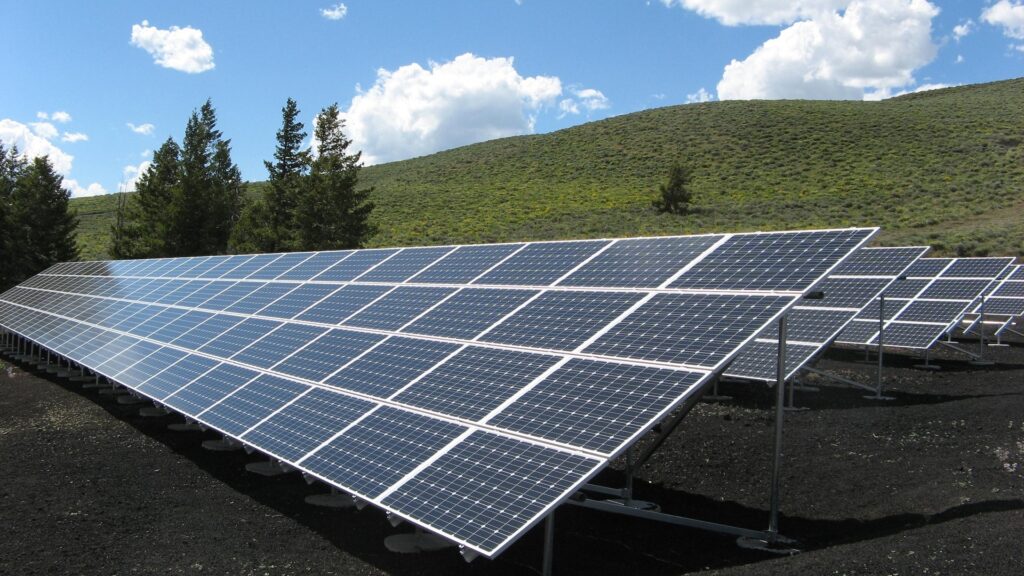Cleantech is short for “clean technology” and often used interchangeably with the term “greentech”. Cleantech refers to companies, projects, and technologies that aim to improve environmental sustainability. From an investor’s perspective it means investing in clean energy, green products or services and technologies that are used to limit harmful environmental impacts.
Financially sustainable
The modern cleantech business looks more financially sustainable than it was a decade ago when more than half of the venture capital investors lost money over their investments in the field.
According to BloombergNEF, a research firm, last year, more than $500bn investment was poured into “energy transition” which is an umbrella term for decarbonising sectors such as the energy, transport and agriculture. PWC, a consultancy company, estimates that between 2013 and 2020 venture capital investments in climate tech grew at five times of the rate of the overall global startup funding. The modern clean tech business looks more financially sustainable than it was a decade ago when more than half of the venture capital investors lost money over their investments in the field.
A prediction of success?
It is quite likely that the amount invested in clean tech is based on some solid predictions. Now, the whole landscape seems to be changing. The billionaire investor who backed up Impossible Foods (now valued at $10bn) and QuantumScape seems to have got the timing right. Similarly to Impossible Foods, Beyond Meat, its rival can also proves to tell a success story (it went public valued at $1.5bn and is now worth nearly $8bn). Tesla is another outstanding example for the potential in the cleantech industry. The value of the electric-car pioneer increased from $1.7bn to around $700bn. when it went public in 2010. (Billions are pouring into the business of decarbonisation, 2021)

“The S&P Global Clean Energy Index has generated annualised total returns of more than 40% over the past three years, more than double those of the benchmark S&S 500 index of big American firms” according to the Economist.
Widespread involvement
Furthermore, not only venture capitals are heavily investing in cleantech nowadays. There are states, philanthropists and big businesses getting involved, too.
The European Commission is collaborating with Breakthrough Energy Catalyst on a $1bn initiative to build large-scale projects for clean technologies. Bill Gates, Founder of Breakthrough Energy, said: “Decarbonising the global economy is the greatest opportunity for innovation the world has ever seen. Europe will play a critical role, having demonstrated an early and consistent commitment to climate and longstanding leadership in science, engineering, and technology. Through this partnership, Europe will lay solid ground for a net-zero future in which clean technologies are reliable, available, and affordable for all.” Britain has also announced plans to invest $235m in climate-related technologies.
Finally, big corporations are also realizing that their hollow commitments and greenwashing are simply not enough and will not be tolerated on the market either. They are now directly investing in climate tech and between 2017 and 2020 such investment was over $58bn.
It seems that raising capital will not be much of an issue. However, we need more collaborations and more willingness. We also need to look beyond cleantech and see that there is simply so much to do. As Fatih Birol, executive director of the Paris-based International Energy Agency (IEA), recently warned us “We need even more countries and businesses to get on board; we need to redouble efforts to bring energy access to all those who currently lack it, and we need to tackle emissions from the vast amounts of existing energy infrastructure in use worldwide that threaten to put our shared goals out of reach.”

